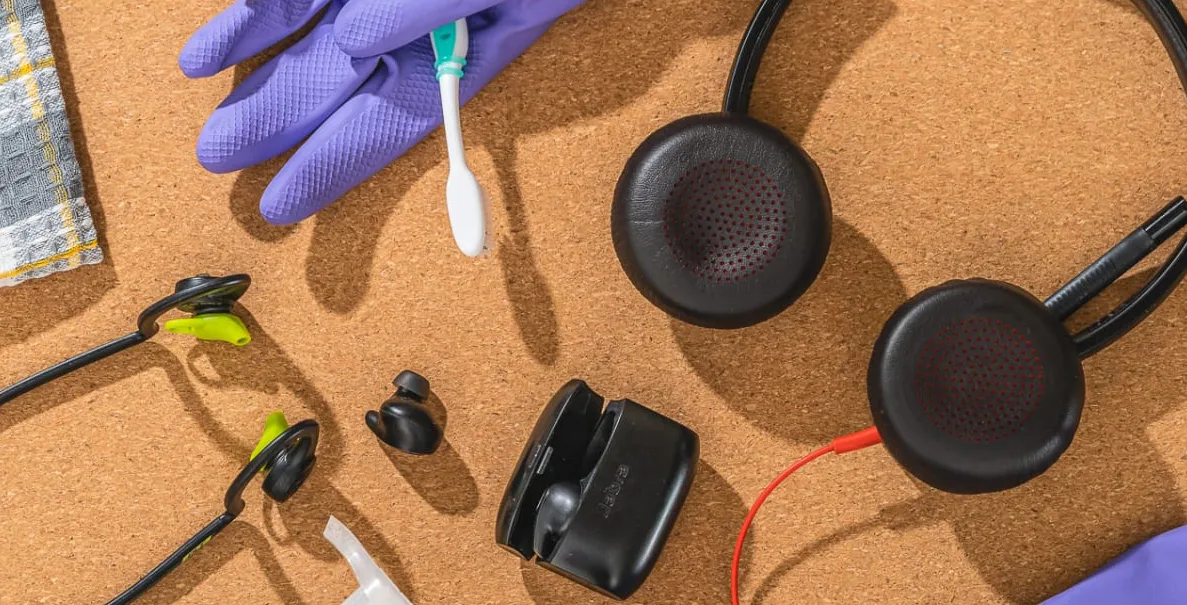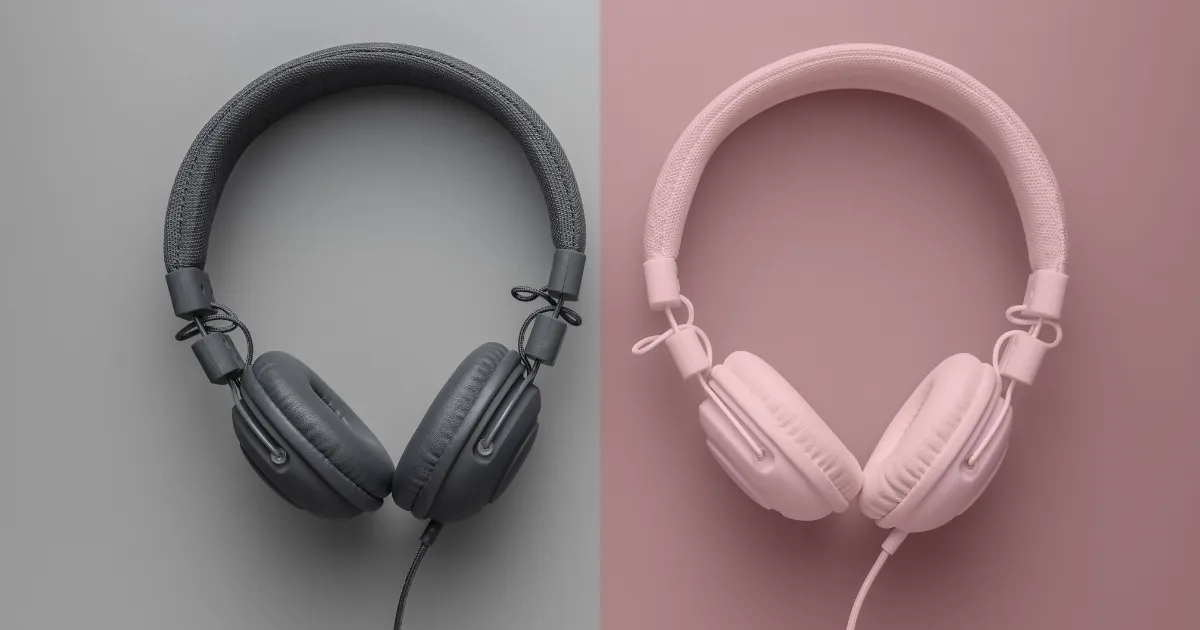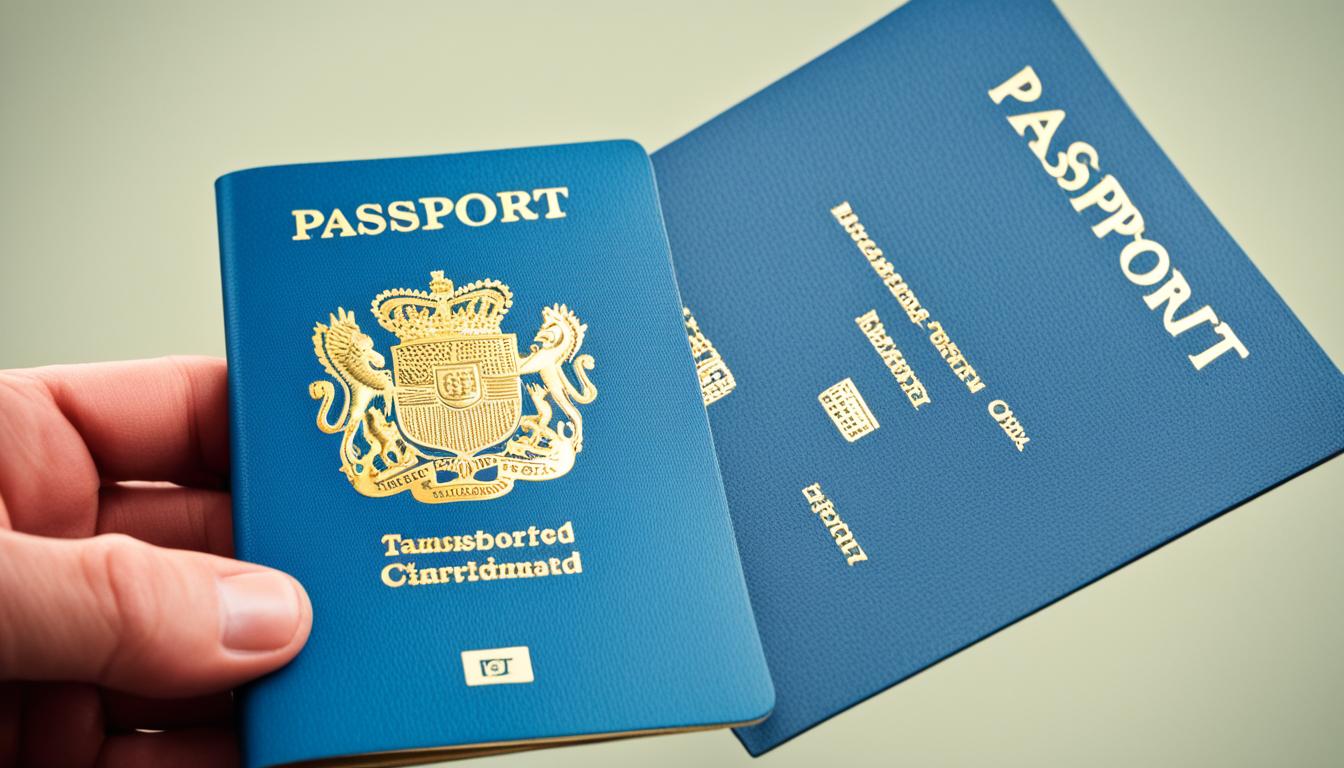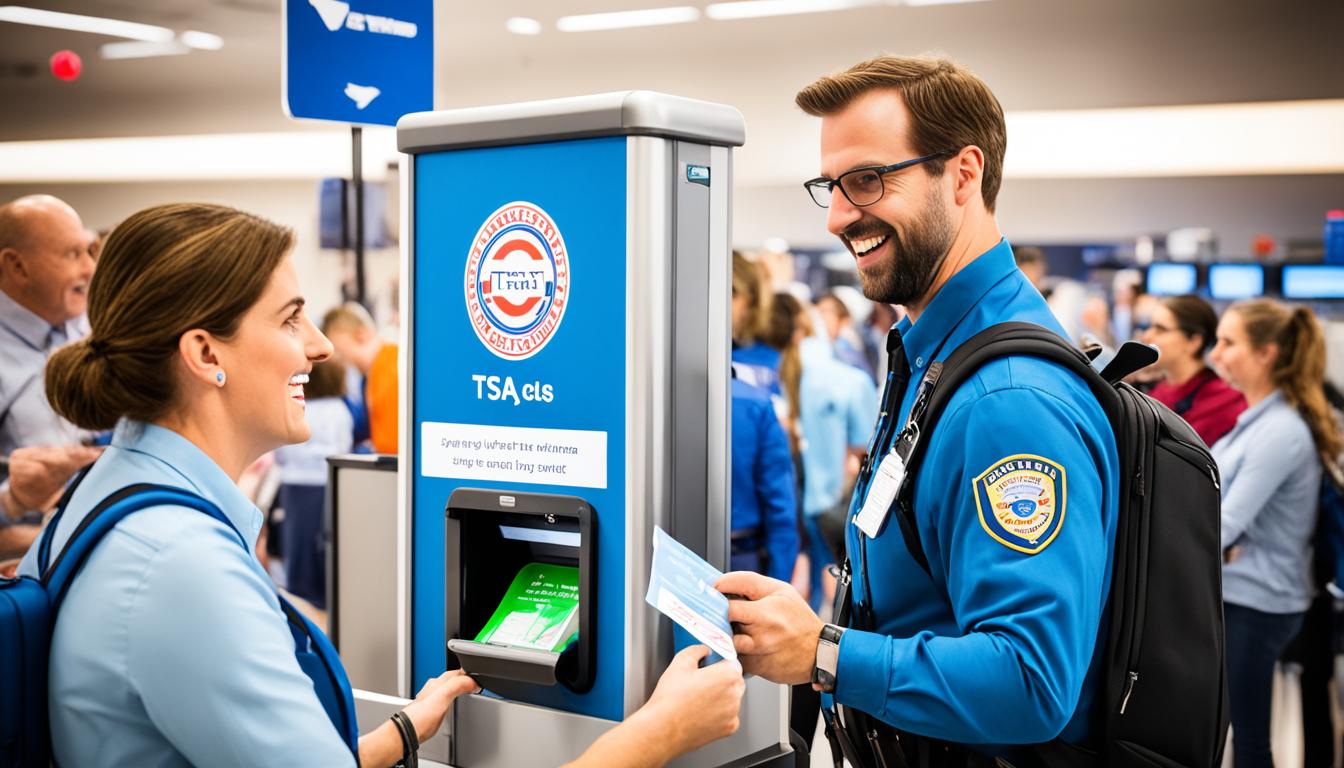
Traveling and listening to music go hand in hand, but safety should never take a backseat. So, is it safe to use travel headphones while driving? Let’s find out!
When you’re on the road, you need to stay alert and focused. That means being aware of your surroundings and any potential hazards. But what about rocking out to your favorite tunes with those travel headphones?
You might be tempted to crank up the volume and let the music take you away, but it’s important to consider the potential risks. In this article, we’ll explore the pros and cons of using travel headphones while driving.
Is It Safe to Use Travel Headphones While Driving?
Considering safety as the utmost priority while driving, it is not recommended to use travel headphones. It can impair your ability to hear important sounds, such as emergency sirens or honking horns.
Distractions from headphones can lead to accidents and jeopardize your safety, as well as the safety of others on the road. It’s best to focus on the road and minimize any potential distractions while driving.
Dangers of Using Headphones While Driving
Using headphones while driving can be extremely dangerous and is highly discouraged by traffic safety experts. When you wear headphones, your ability to hear sounds from outside the vehicle is compromised.
This includes important auditory cues such as sirens, honking horns, and the sound of approaching vehicles. Not being able to hear these sounds can significantly increase the risk of accidents on the road.
In many jurisdictions, it is illegal to wear headphones or earbuds while driving. This is because it impairs your ability to focus on the road and react to potential hazards.
Engaging in activities that distract you from driving, such as listening to loud music or podcasts, can lead to a loss of situational awareness and delayed reaction times. It is important to prioritize the safety of yourself and others by avoiding the use of headphones while driving.
Alternatives to Using Headphones While Driving
While using travel headphones while driving is unsafe, there are alternative options that allow you to enjoy music or podcasts without compromising safety.
One popular solution is to use hands-free devices such as Bluetooth-enabled car audio systems or wireless earpieces. These devices are designed to allow you to listen to audio content while keeping your hands on the wheel and your focus on the road.
Another option is to make use of your vehicle’s built-in speakers. Many modern cars are equipped with high-quality audio systems that provide an immersive listening experience. If your vehicle doesn’t have built-in speakers, you can invest in portable speakers that can be easily connected to your smartphone or other audio devices.
Benefits of Avoiding Headphones While Driving
Avoiding the use of travel headphones while driving offers several benefits. Firstly, it helps you maintain situational awareness and allows you to react quickly to any potential dangers on the road. By being able to hear the sounds around you, you are better equipped to anticipate and avoid accidents.
Additionally, not wearing headphones while driving promotes responsible behavior on the road. It sends a message that you prioritize safety and are committed to following traffic laws. By setting a good example, you contribute to creating a safer driving environment for everyone.
Lastly, driving without headphones allows you to focus on the experience of driving itself. You can fully engage with the sounds of the engine, wind, and surroundings, which can enhance your overall driving experience.
Importance of Road Safety: Tips for Safe Driving
1. Always Wear Your Seatbelt
Regardless of the journey length, make it a habit to wear your seatbelt every time you get in the car. Seatbelts save lives and reduce the severity of injuries in the event of an accident.
2. Observe Speed Limits
Follow the posted speed limits and adjust your speed to match the road, weather conditions, and traffic flow. Speeding is a leading cause of accidents and greatly increases the risk of injuries.
3. Avoid Impaired Driving
Never drive under the influence of alcohol, drugs, or prescription medications that impair your ability to drive safely. It’s always better to arrange for a designated driver or use alternative transportation.
4. Minimize Distractions
Keep your attention focused on the road by minimizing distractions. Avoid using your cell phone, eating, or engaging in any activities that take your focus away from driving.
5. Maintain Vehicle Safety
Regularly maintain your vehicle by checking the tire pressure, brakes, and lights. Proper maintenance ensures that your car is in optimal condition and reduces the risk of mechanical failures that could lead to accidents.
6. Stay Alert
Drowsy driving can be as dangerous as driving under the influence. Get enough rest before embarking on a long trip and take breaks as needed to refresh yourself.
Traveling Safely: Tips for an Enjoyable Journey
1. Plan Your Route
Before setting off on a trip, plan your route to ensure you have a clear understanding of directions and potential rest stops along the way. This will help reduce the need for last-minute decisions and minimize distractions.
2. Take Breaks
Long periods of driving can be physically and mentally exhausting. Take regular breaks to stretch, hydrate, and rest. This will keep you alert and refreshed throughout your journey.
3. Stay Hydrated and Nourished
Proper hydration and nutrition are important during travel. Pack healthy snacks and drinks to keep you energized and focused while driving. Avoid excessive caffeine, as it can lead to dehydration and increased restroom breaks.
4. Use GPS Navigation
Make use of GPS navigation systems or smartphone apps to assist with directions. This reduces the need to constantly check maps or ask for directions, allowing you to keep your focus on the road.
5. Share the Driving Responsibilities
If you are traveling with a companion who is licensed, consider sharing the driving responsibilities. This helps prevent fatigue and allows both individuals to rest when needed.
It is not safe to use travel headphones while driving. Wearing headphones compromises your ability to hear important sounds on the road and increases the risk of accidents. Instead, use hands-free devices or make use of your vehicle’s audio system to enjoy music or podcasts while driving.
Prioritizing road safety is crucial for ensuring a pleasant and accident-free journey. Remember to stay alert, minimize distractions, and follow traffic laws to protect yourself and others on the road.
Frequently Asked Questions
Travel headphones can make long drives more enjoyable, but it’s important to prioritize safety on the road. Below are some commonly asked questions about using travel headphones while driving:
1. Is it legal to use headphones while driving?
Using headphones while driving is illegal in many jurisdictions, as it can distract you from the road and compromise your awareness of your surroundings. Laws vary by location, so it’s essential to check your local legislation to determine if it’s permitted or not. Even if it’s legal, it’s still recommended to avoid using headphones for safety reasons.
Instead of using headphones, consider investing in a car stereo system that allows you to enjoy your favorite music or podcasts hands-free. This way, you can listen to your audio without compromising your focus on driving.
2. Can wearing headphones affect my ability to hear important sounds while driving?
Yes, wearing headphones can significantly impact your ability to hear important sounds while driving. The headphones can block out external noises such as traffic sounds, sirens, or honking horns, jeopardizing your safety on the road. Hearing these sounds is crucial for situational awareness and reacting promptly to potential hazards.
To ensure your safety, it’s best to keep your ears free and your senses fully alert. If you wish to listen to audio while driving, opt for a car audio system or Bluetooth speakers that allow you to hear your surroundings.
3. Are there any headphones specifically designed for driving?
While there are headphones marketed as “driving headphones,” it’s important to note that no headphones are specifically designed for driving. The concept of driving headphones generally refers to headphones that minimize noise leakage and offer better audio quality to enhance the listening experience.
However, using any type of headphones while driving can still pose safety risks.
If you’re looking to improve your audio experience while driving, consider investing in a car audio system or upgrading the speakers in your vehicle. These options are designed with driver safety in mind, allowing you to enjoy enhanced sound without compromising your attention on the road.
4. Can I use noise-canceling headphones while driving?
It’s not recommended to use noise-canceling headphones while driving. While noise-canceling technology can effectively block out external sounds, creating a more immersive audio experience, it can also hinder your ability to hear essential sounds on the road, such as sirens or warning signals from other vehicles.
For optimal safety, it’s best to avoid using noise-canceling headphones while driving. Instead, consider investing in a car audio system or using alternative audio solutions that better allow you to maintain awareness of your surroundings.
5. Are there any safe alternatives to using headphones while driving?
Absolutely! There are several safe alternatives to using headphones while driving. One option is to invest in a car stereo system with Bluetooth connectivity, enabling you to wirelessly connect your smartphone or other devices to enjoy audio through your car’s speakers.
Another option is to use portable Bluetooth speakers, which can be placed in your car and provide high-quality audio without the need for headphones. These speakers allow you to enjoy your favorite music or podcasts while still being able to hear important sounds on the road.
Listening to music with headphones while driving can be dangerous and should be avoided.
Using headphones while driving can distract you from the road and prevent you from hearing important sounds, like sirens or honking. It’s important to be fully aware and focused while driving to ensure your safety and the safety of others. So, leave the headphones behind and enjoy your tunes after you park!






